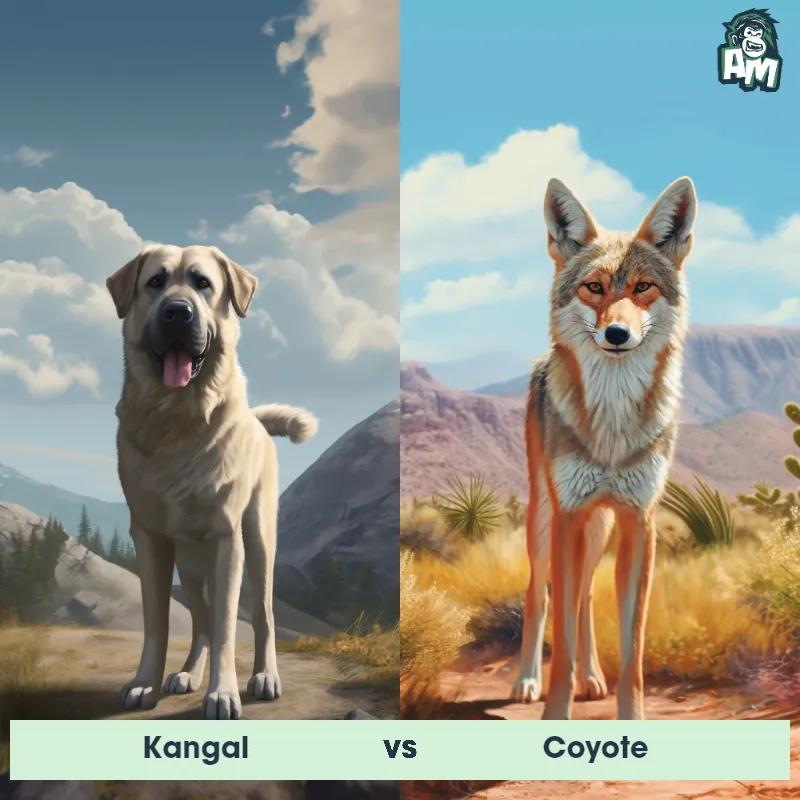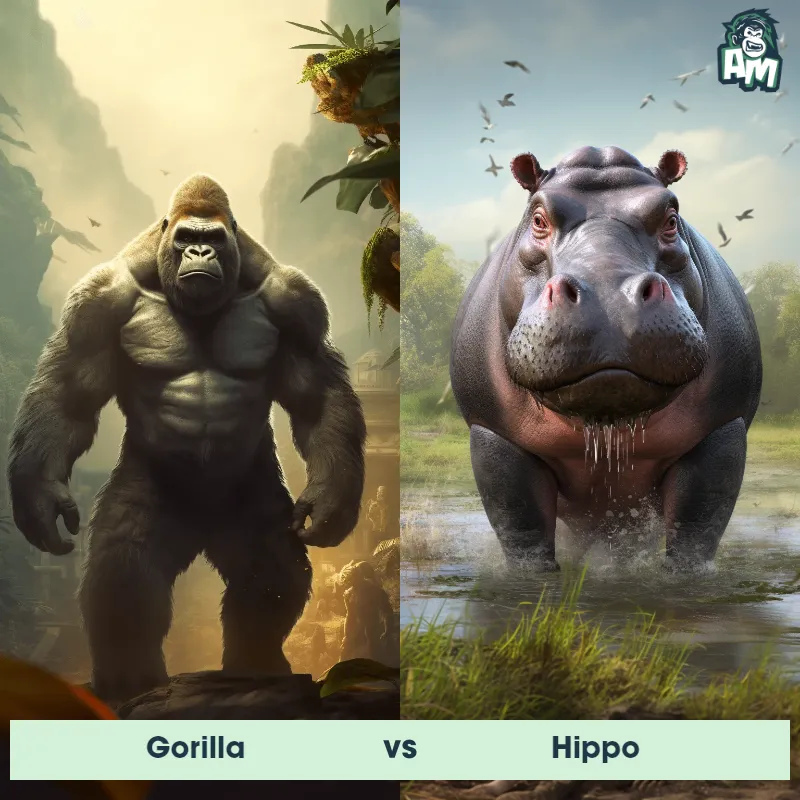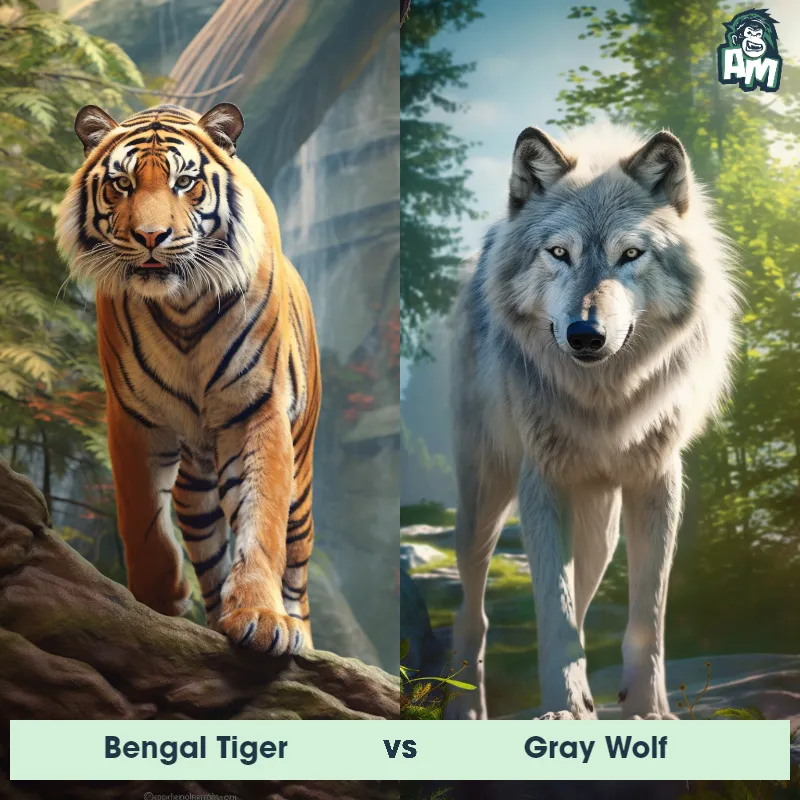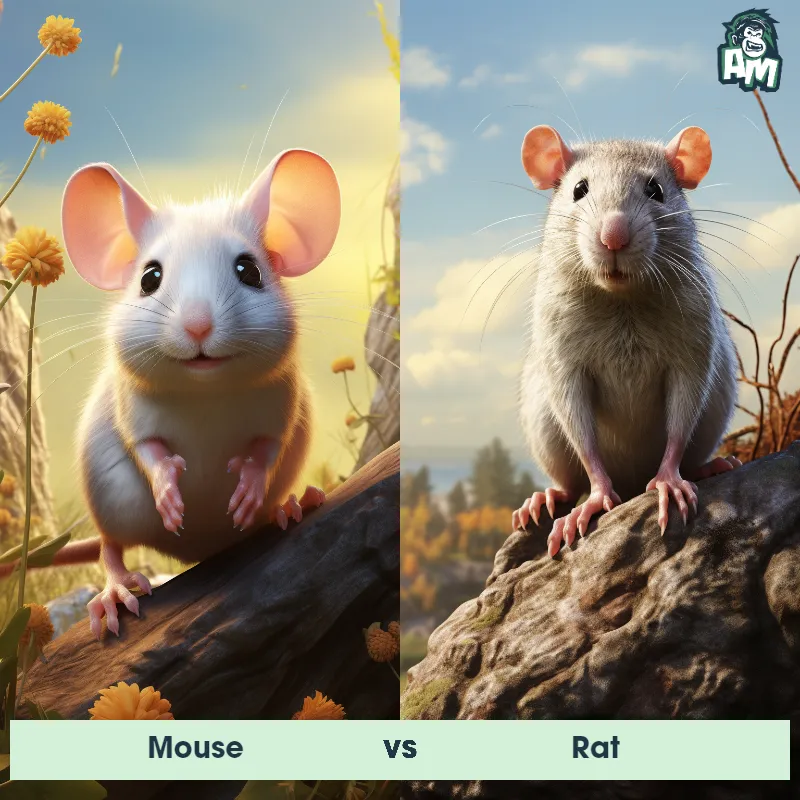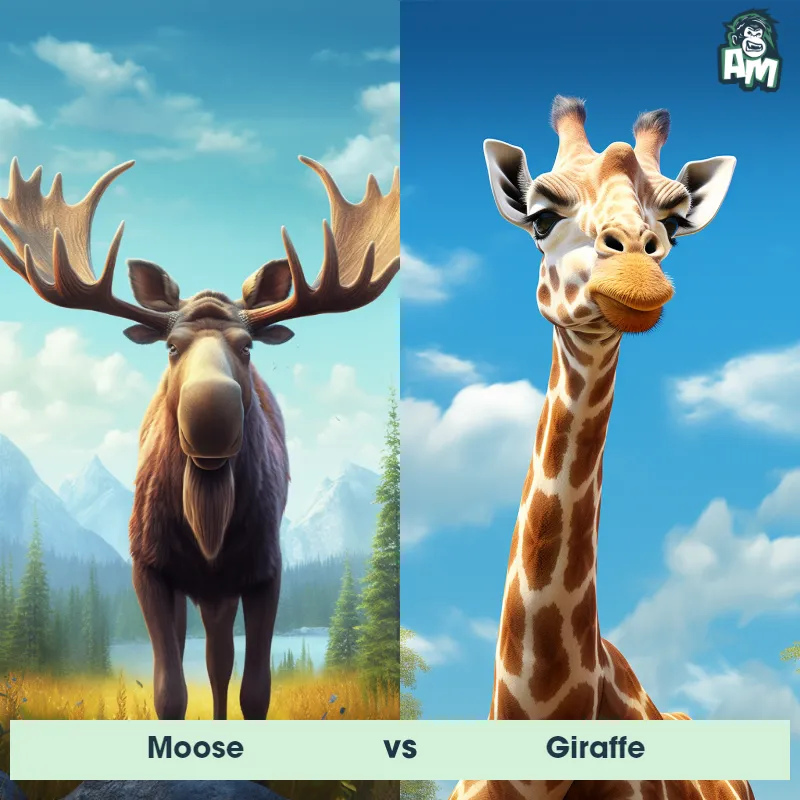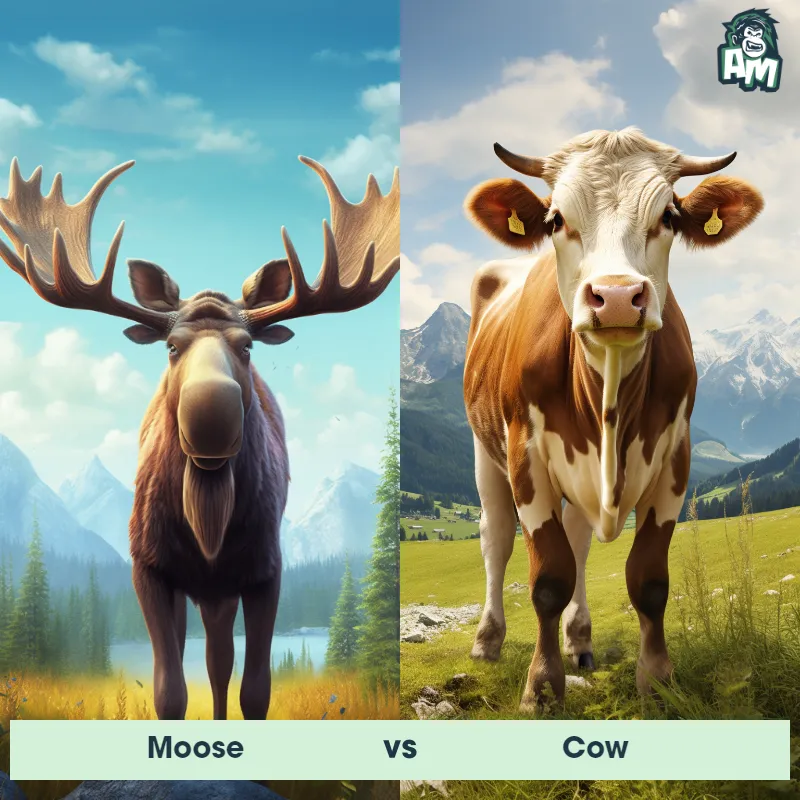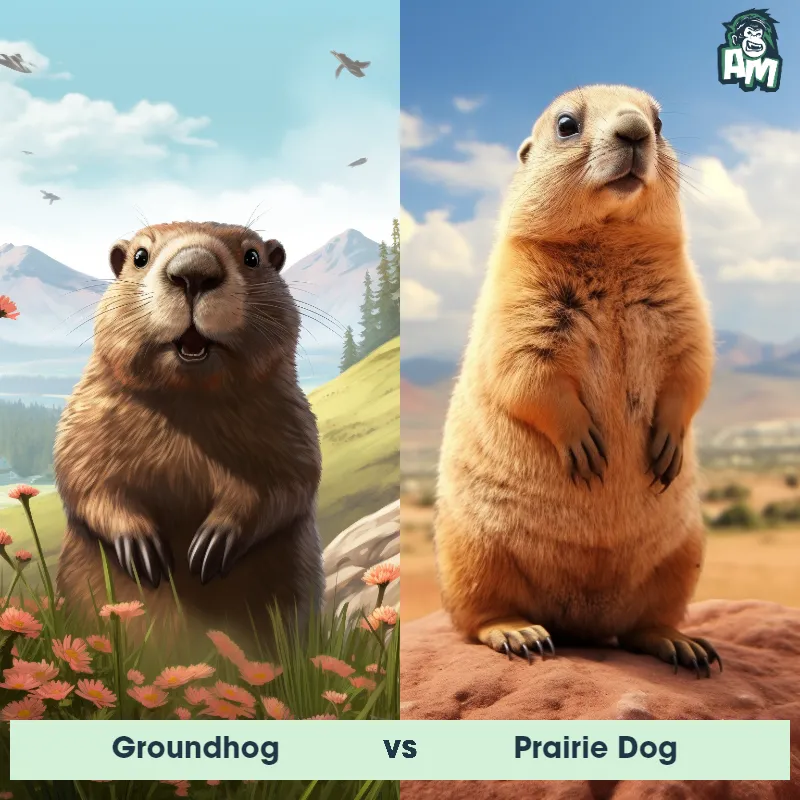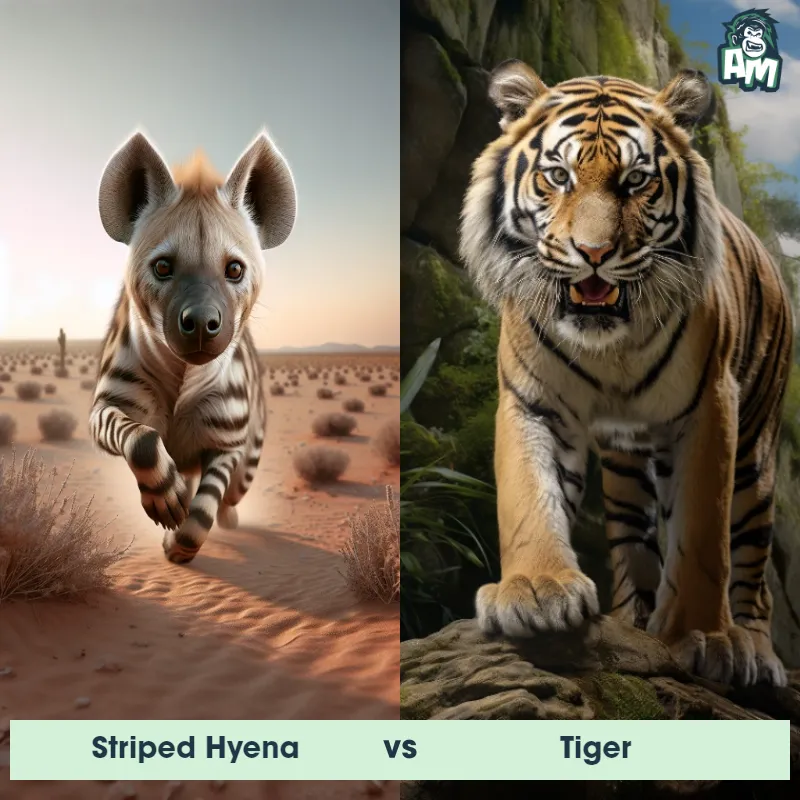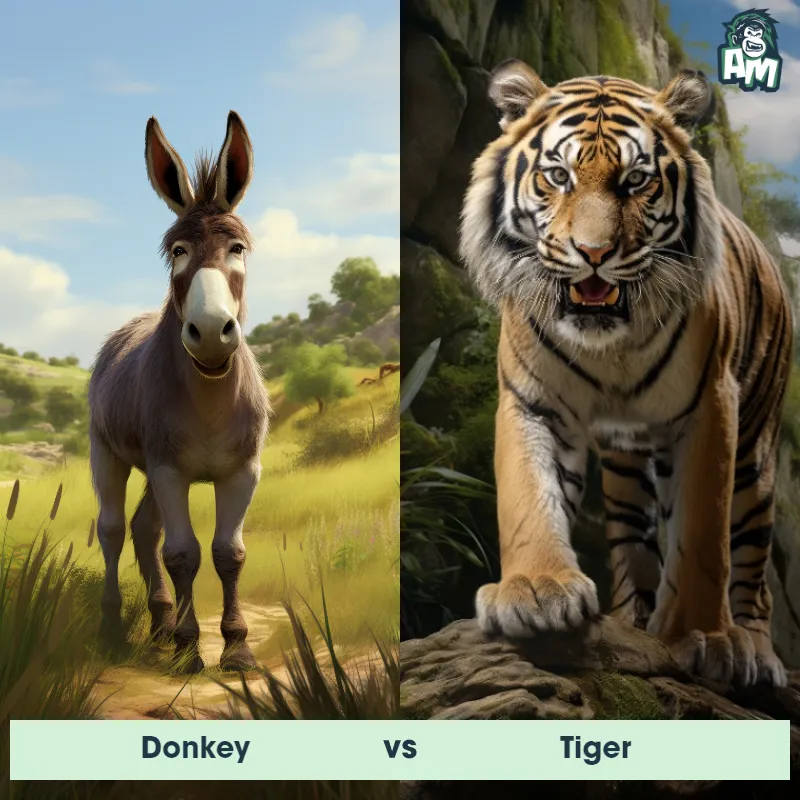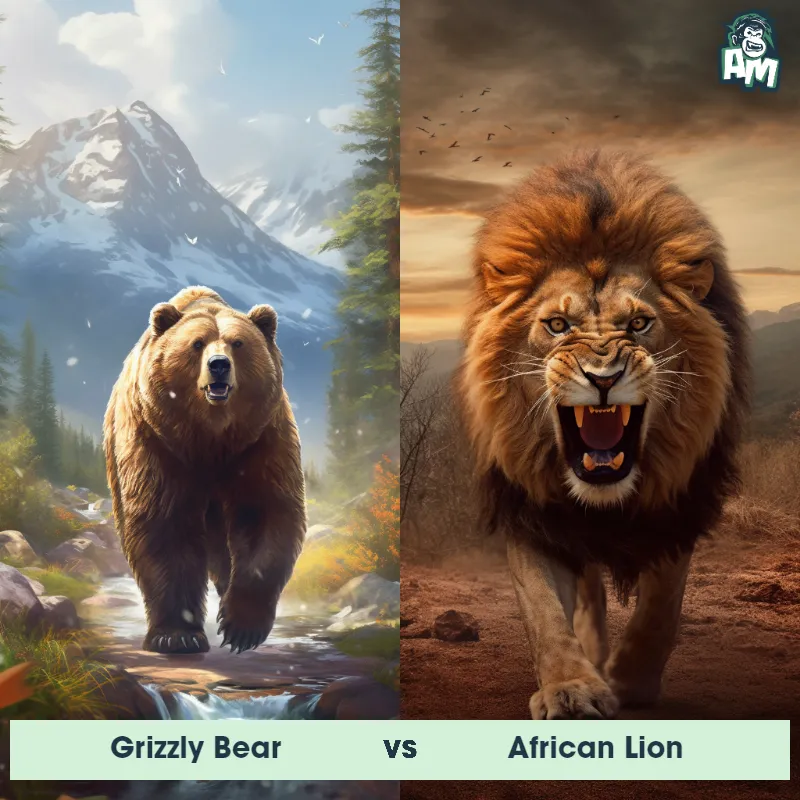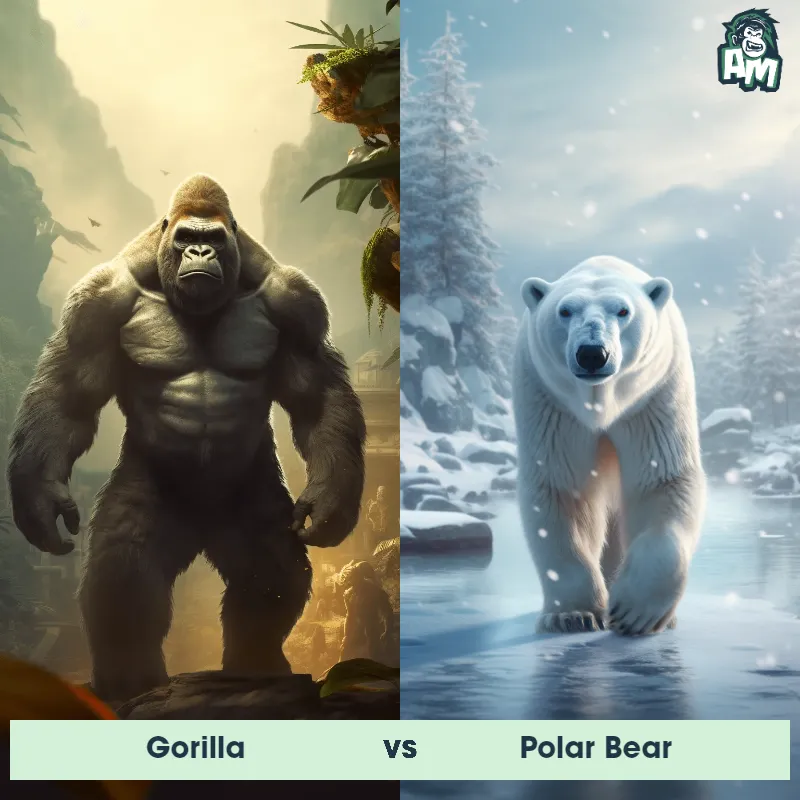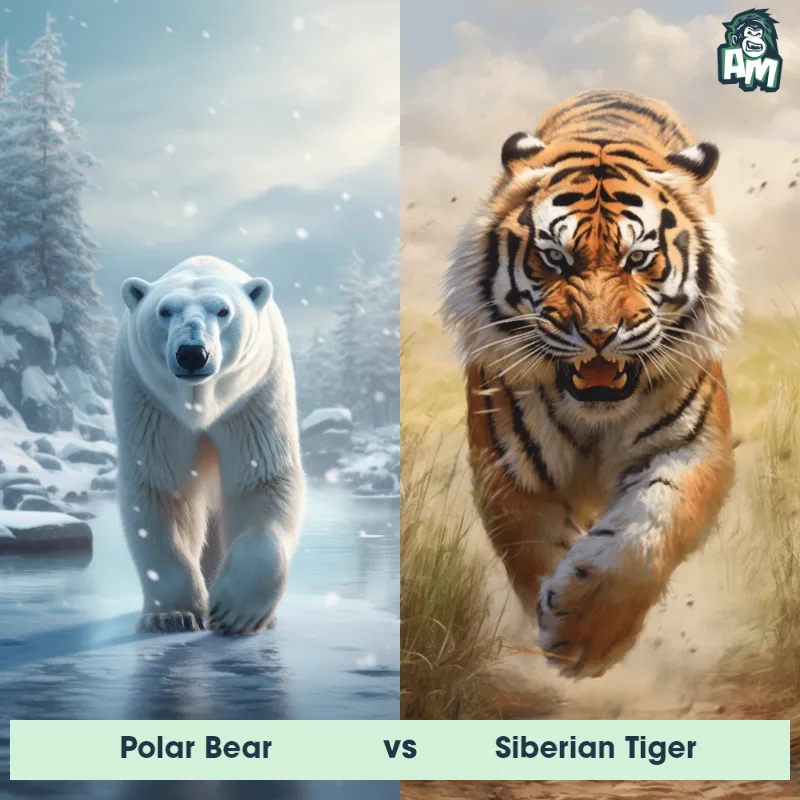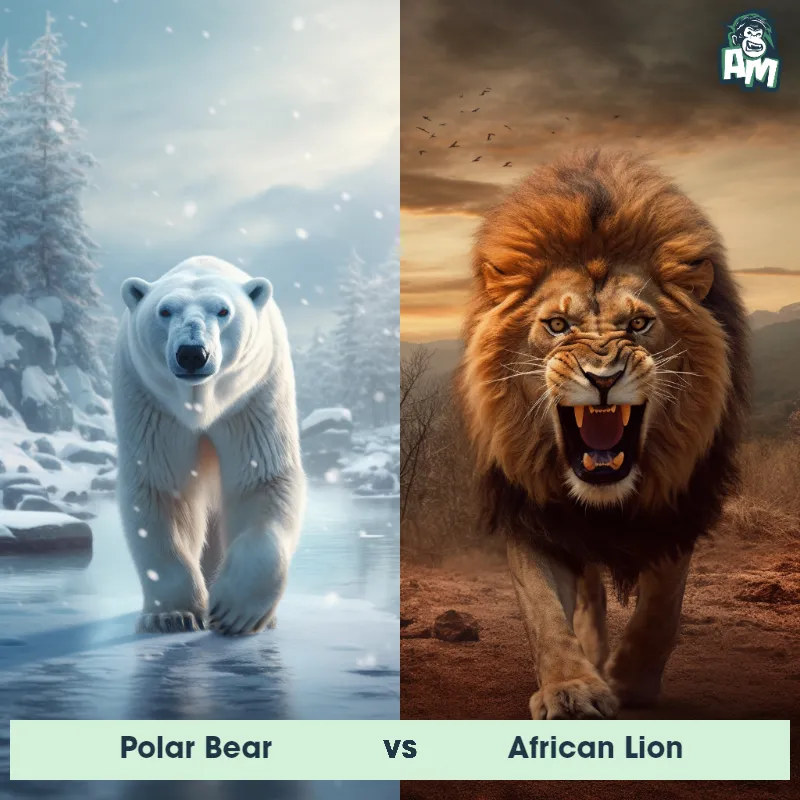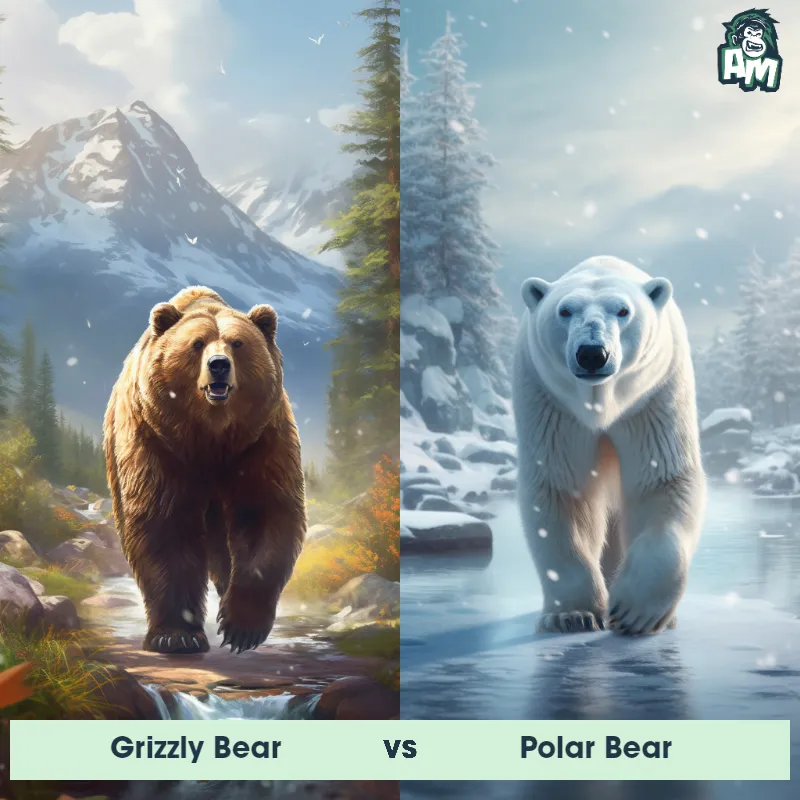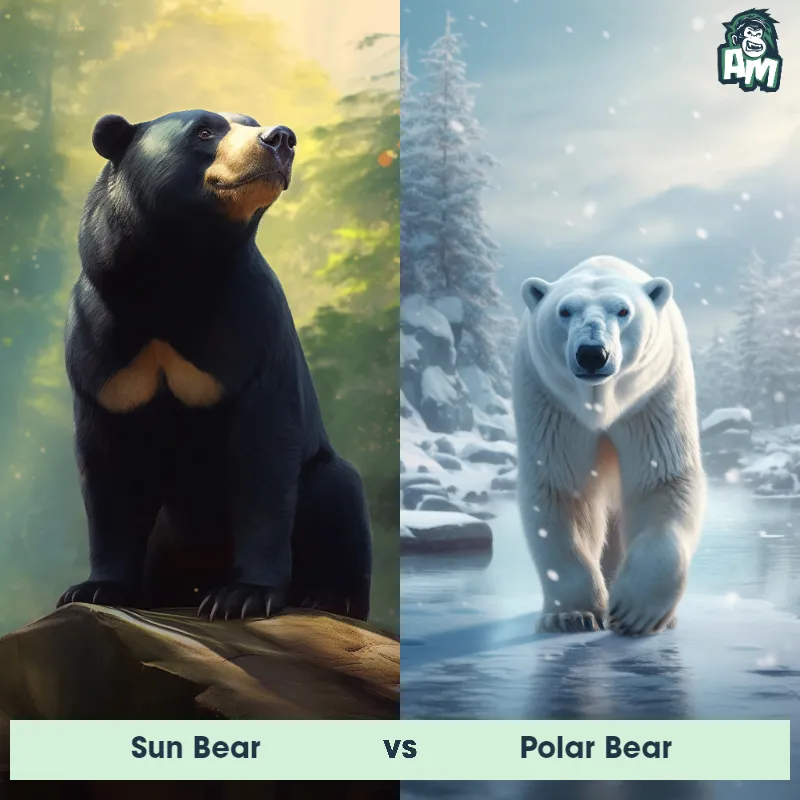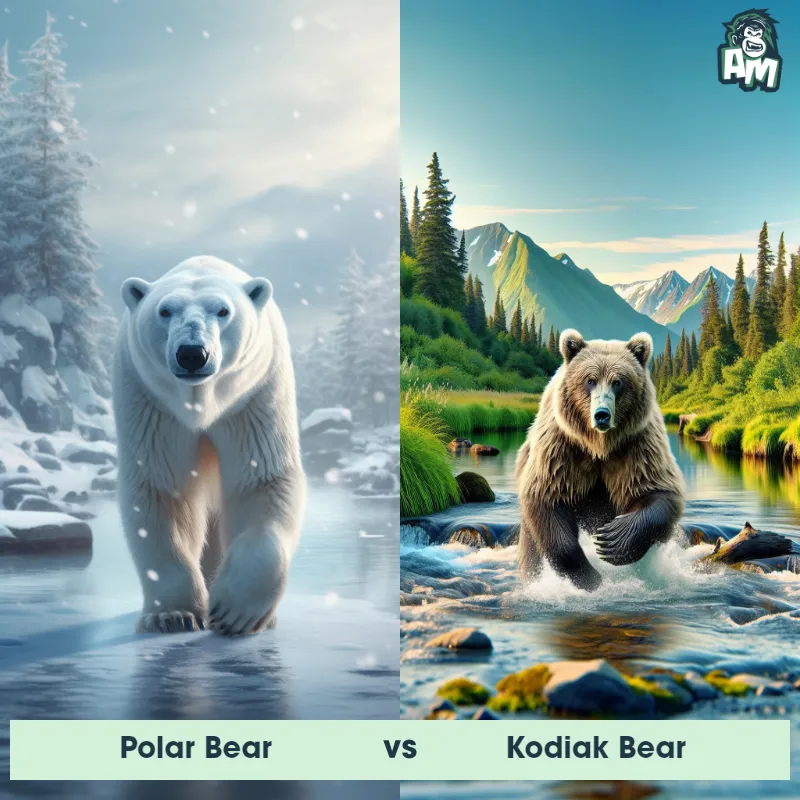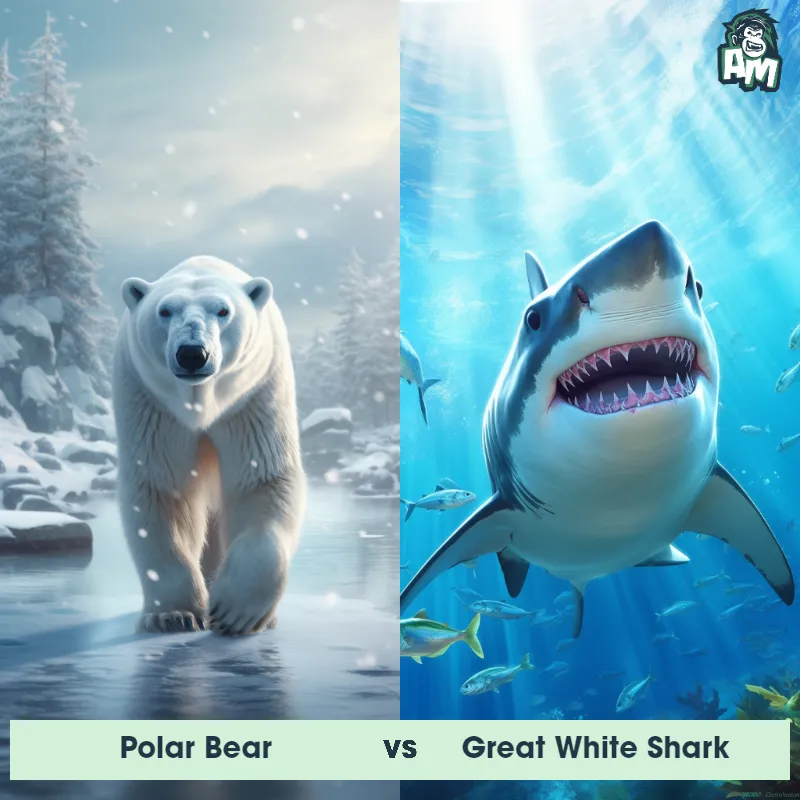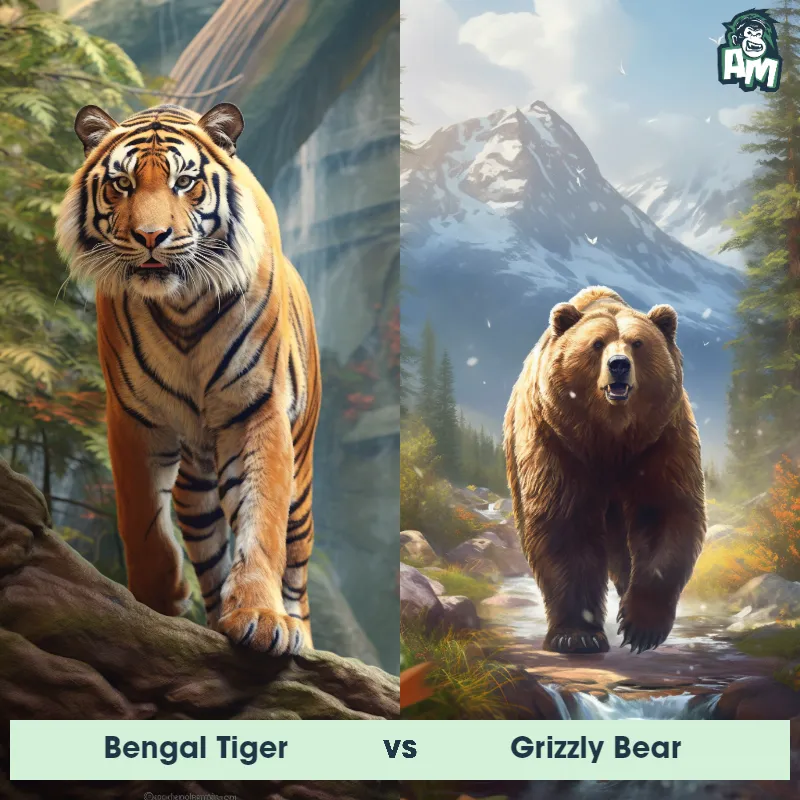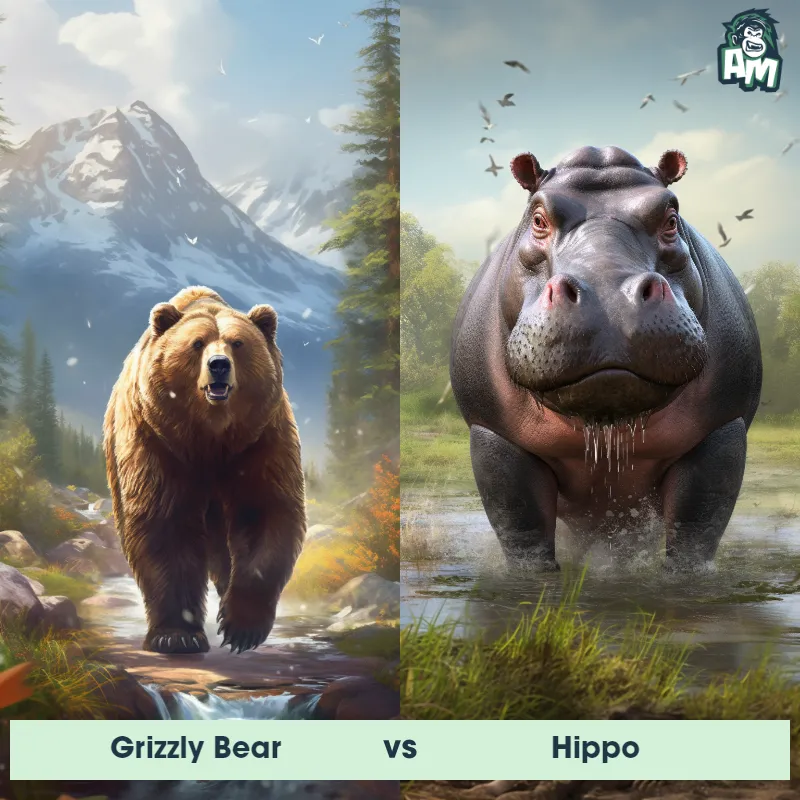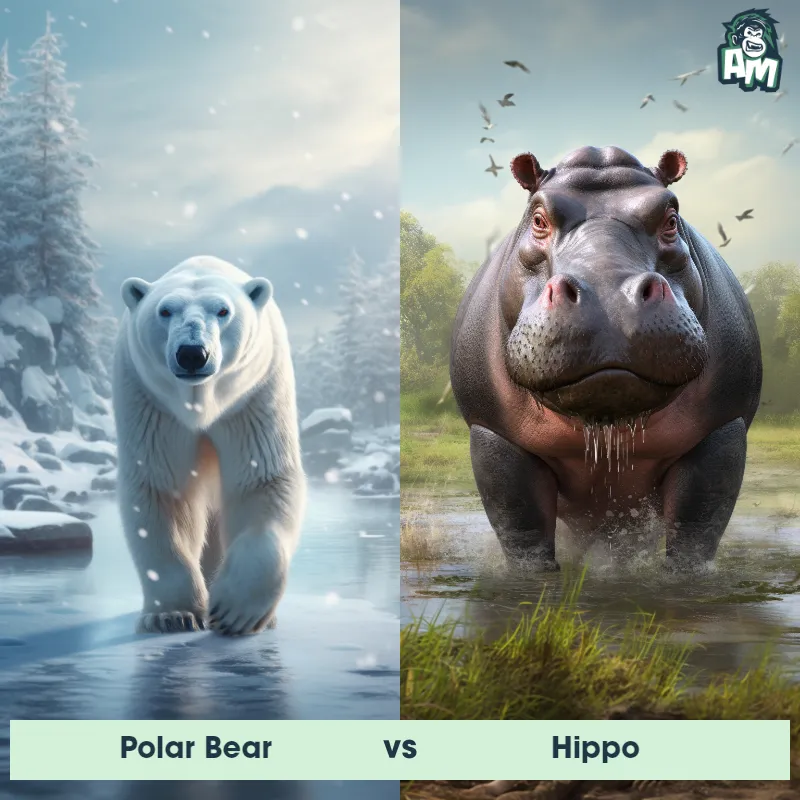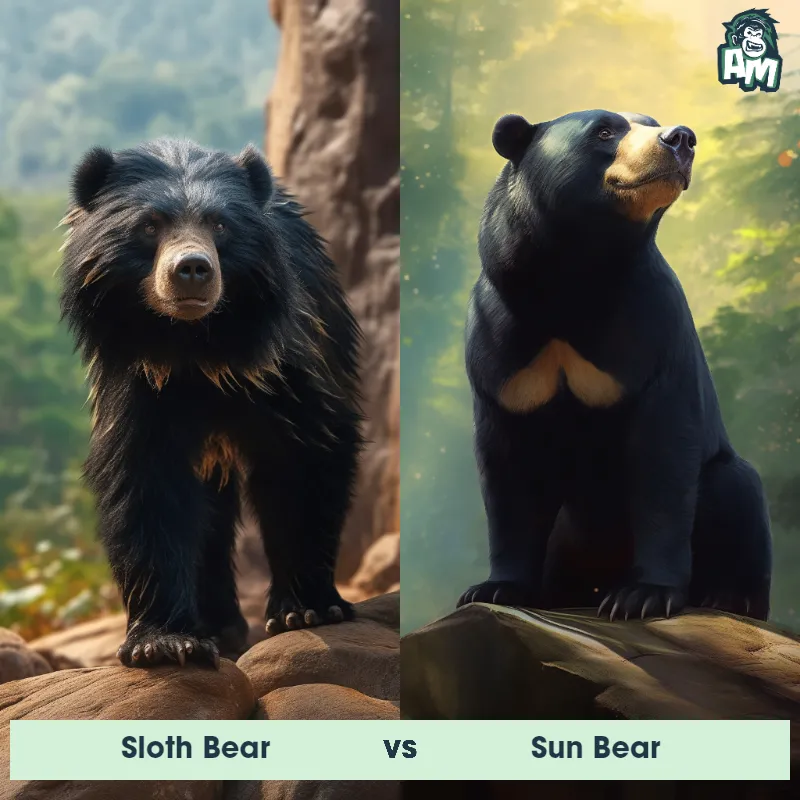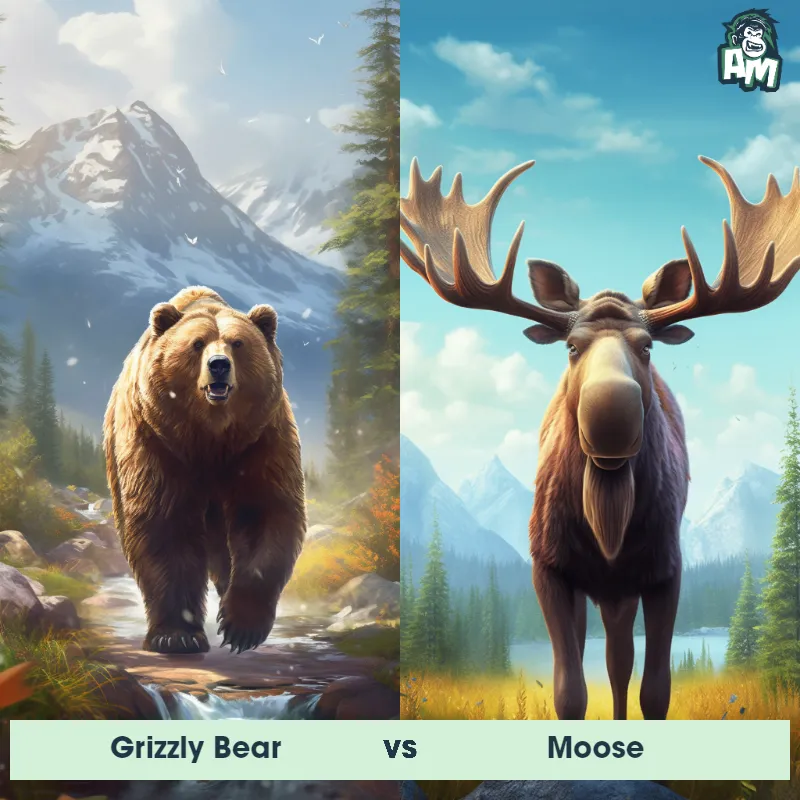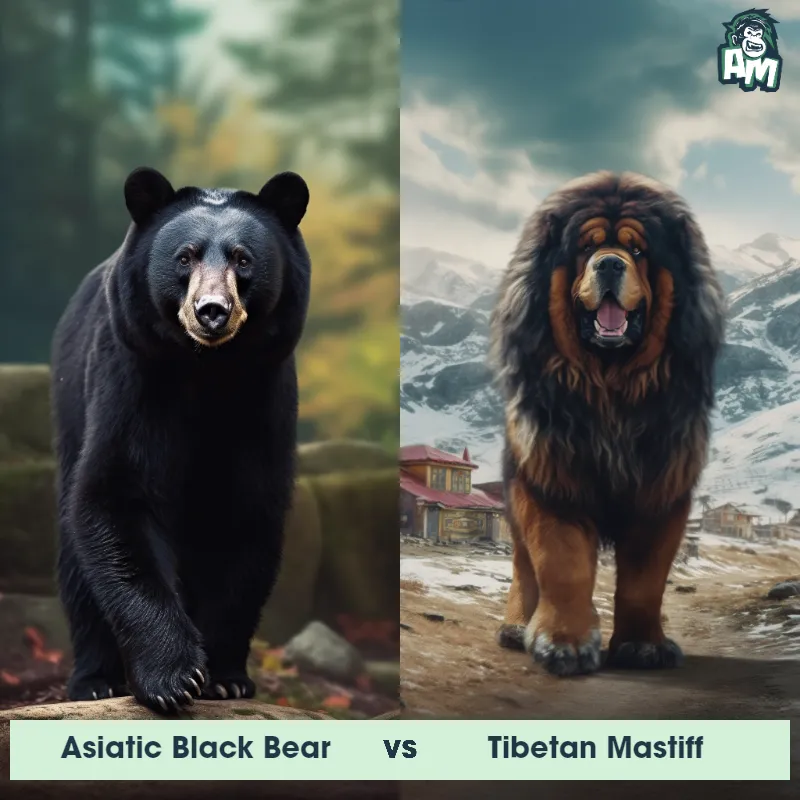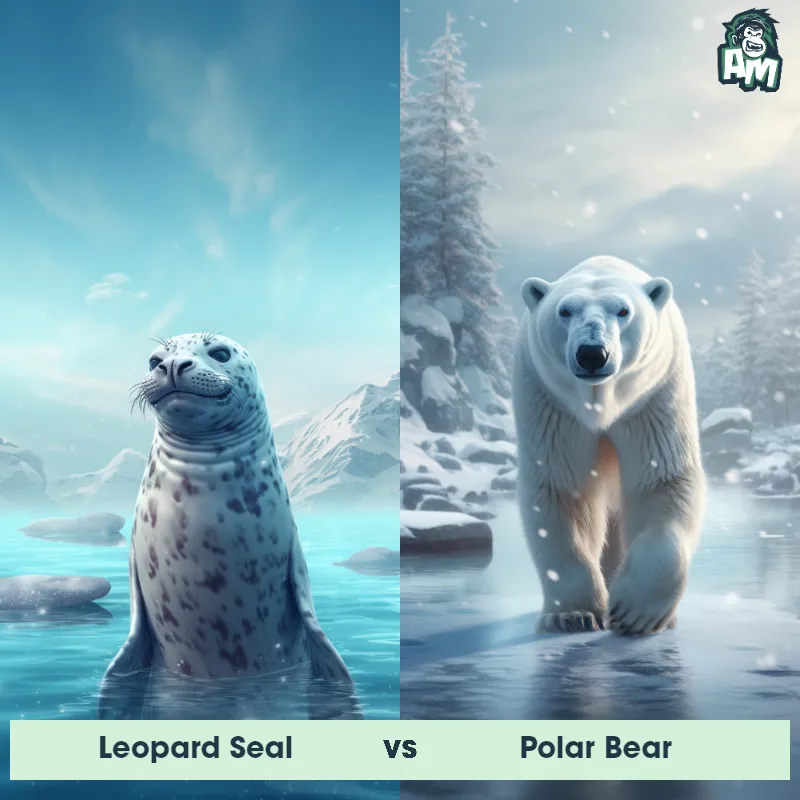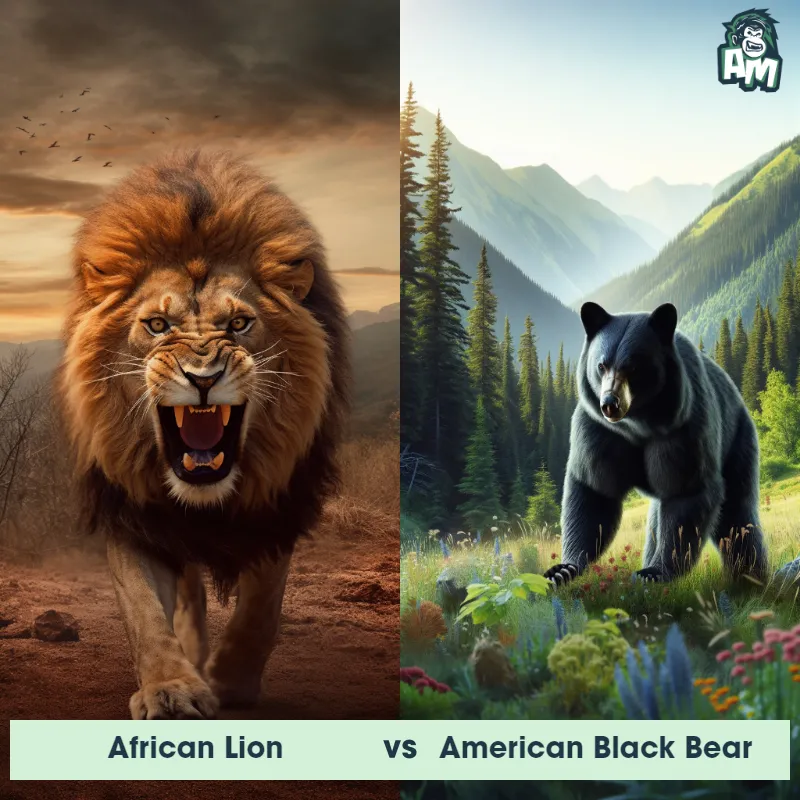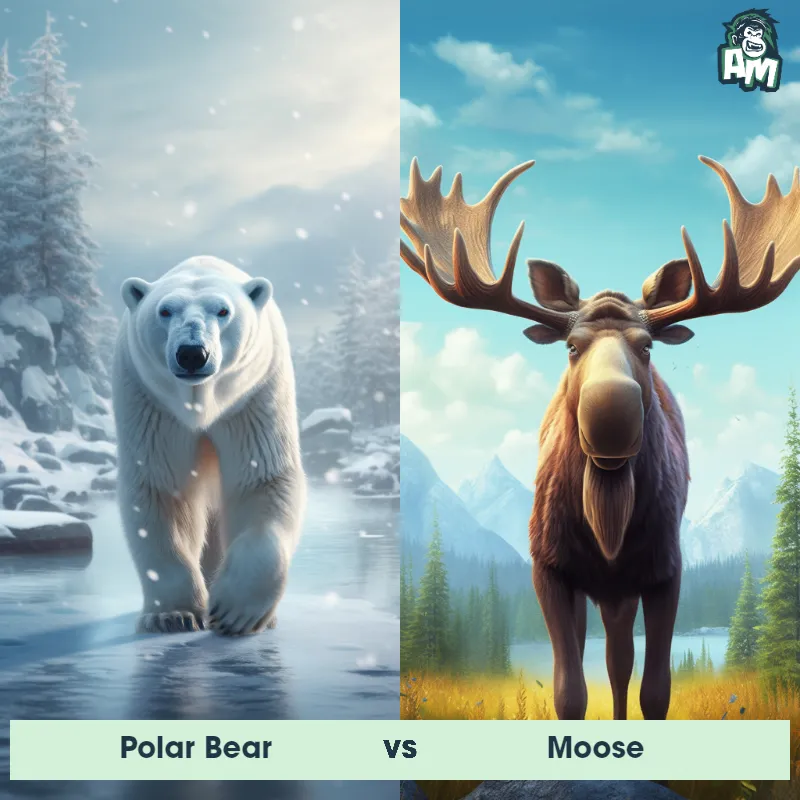Grizzly Bear vs Kodiak BearSee Who Wins

Ladies and gentlemen, we are here today to witness a thrilling matchup between two of the most formidable opponents in the animal kingdom. In this corner, weighing in at an impressive 900 pounds, we have the mighty Grizzly Bear. And in the opposite corner, tipping the scales at a staggering 1,500 pounds, is the fearsome Kodiak Bear. Get ready for a battle that will undoubtedly leave you on the edge of your seats!
Contender 1: Grizzly Bear
The Grizzly Bear, also known as the North American Brown Bear, is a large mammal that can weigh up to 600 pounds and stand up to 8 feet tall on its hind legs. They have distinctive humps on their shoulders, long claws, and a concave facial profile. Grizzly Bears are omnivores and can be found in North America, primarily in Alaska and western Canada.
![[object Object] Gif](https://tenor.com/view/fighting-match-quarrel-brawl-battle-gif-15965644.gif)
Fun Fact: Grizzly Bears have an incredible sense of smell and can detect food from miles away, making them excellent hunters and scavengers.
Contender 2: Kodiak Bear
The Kodiak Bear, also known as the Alaskan Brown Bear, is a subspecies of brown bear native to the Kodiak Archipelago in southwestern Alaska. These colossal mammals are known for their massive size, with adult males weighing up to 1,500 pounds and standing at more than 10 feet tall when on their hind legs. Their fur is typically a dark brown color, providing excellent insulation in the cold Alaskan climate. Kodiak Bears are exceptionally strong swimmers and have a high tolerance for extreme weather conditions, making them formidable predators in their habitat.
Fun Fact: Did you know that Kodiak Bears have been observed sprinting at speeds of up to 30 miles per hour? Despite their enormous size, these mighty bears possess remarkable agility and can outrun most humans.
Matchup Stats
| Grizzly Bear | Kodiak Bear | |
|---|---|---|
| Size | Up to 8 feet tall (2.4 meters) | Up to 10 feet tall (3 meters) |
| Weight | Up to 600 pounds (272 kilograms) | Up to 1,500 pounds (680 kilograms) |
| Speed | Speed: 30 mph (48.28 km/hr) | 34-35mph (55-56km/h) |
| Key Strength | Powerful jaws and sharp claws | Strong bite and powerful swipes |
| Biggest Weakness | Slow movement and vulnerability to attacks from behind | Slower movements compared to smaller predators |
Current Votes
Grizzly Bear vs Kodiak Bear
See Who Wins
View More Matches
Looking For More?
Similar Matches
Scientific Stats
| Grizzly Bear | Kodiak Bear | |
|---|---|---|
| Scientific Name | Ursus arctos horribilis | Ursus arctos middendorffi |
| Family | Ursidae | Ursidae |
| Habitat | Forests, meadows, and mountains | Forests, tundra, and rocky areas |
| Geography | North America, primarily in Alaska and western Canada | Kodiak Archipelago, southwestern Alaska |
| Diet | Omnivorous, eats berries, roots, fish, small mammals, and carrion | Omnivorous - eats berries, nuts, vegetation, fish, and meat |
| Lifespan | 20 years - 25 years | 20 years - 25 years |
Key Differences between Grizzly Bear and Kodiak Bear
- Shoulder Hump: Both species have a prominent hump of muscle on their shoulders, but Kodiak Bears are known to have larger, more pronounced humps compared to Grizzly Bears.
- Ears: The ears of Kodiak Bears are proportionately larger than those of Grizzly Bears, with larger and rounder ears that can provide better hearing capabilities.
- Coloration: Grizzly Bears typically have a wide range of colors including blondes, browns, and even black, whereas Kodiak Bears are predominantly brown in color, with shades ranging from light to dark brown.
- Skull Shape: The shape of the skull also differs between the two species, with Kodiak Bears having broader and more concave skulls compared to the more slender and elongated skulls of Grizzly Bears.
- Size: The Kodiak Bear is generally larger than the Grizzly Bear, with adult males reaching sizes of up to 10 feet tall and weighing over 1,500 pounds, while Grizzly Bears typically measure around 7 feet tall and weigh approximately 800 pounds.
- Habitat: While both species inhabit similar areas, Kodiak Bears are specifically found on the Kodiak Archipelago in Alaska, whereas Grizzly Bears can be found in various parts of North America, including Alaska, Canada, and the northwestern United States.



